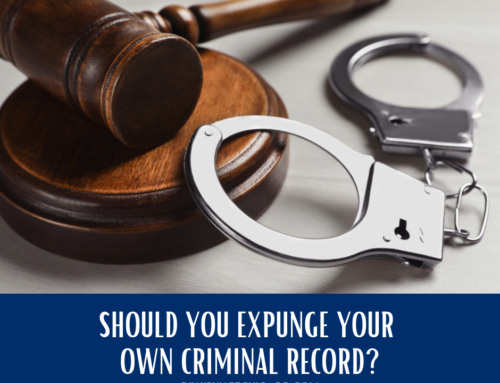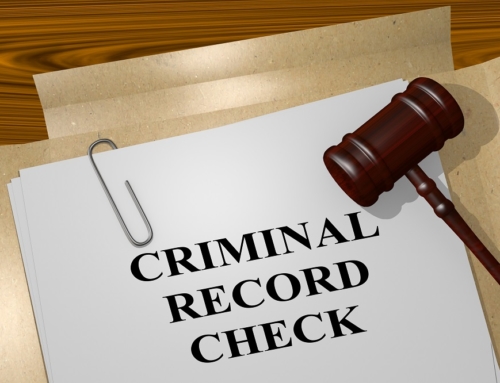If you’re like many people, you want to know if you can file an expungement yourself in Illinois. An expungement clears your criminal record so it’s like nothing ever happened – nothing will show up in a background check, no matter who’s looking.
So can you file an expungement yourself?
Yes, in most cases, you can. Here’s what you need to know.
Can I File an Expungement Myself?
In Illinois, you don’t need an attorney to file for expungement. However, before you try to file a petition, you should make sure your record is eligible. (The same is true for criminal record sealing – you can do it yourself, as long as your record is eligible.)
Related: FAQ on clearing your own criminal record in Illinois
What Records Are Eligible for DIY Expungement?
These types of records are usually eligible for do-it-yourself expungement:
- Arrests for misdemeanors and felonies that never resulted in a conviction
- Sentences of supervision, as long as the waiting period has passed
- Sentences of qualified probation, as long as the waiting period has passed
- Some Class 3 and Class 4 felonies for honorably discharged members of the U.S. Armed Forces (any branch)
- Many juvenile records
What Records Are Eligible for DIY Sealing?
These types of records are usually eligible for do-it-yourself criminal record sealing:
- Arrests for misdemeanors and felonies that never resulted in a conviction
- Felony traffic offenses that were reduced to an eligible misdemeanor
- Convictions for most (but not all) misdemeanors and felonies
You can’t expunge or seal animal cruelty offenses (including dog fighting), most sex offenses, or most violent crimes.

How to Expunge Your Own Criminal Records in Illinois
The expungement process requires you to fill out and file very specific forms, which vary by county. The papers you must file in Cook County, for example, are different from the papers you have to file in DuPage County. When you file your petition for expungement, you’ll have to pay a filing fee. Then, the waiting begins. Your petition has to go to the state’s attorney, who has the option to object to your expungement. If he or she does object, you may be entitled to a hearing. After the state’s attorney has reviewed your petition, it’ll eventually make its way to a judge’s desk. The judge makes the final decision on your case.
Get a free e-book that explains expungement and sealing now!
For some people, the best thing to do is hire an expungement lawyer. While it costs more to hire an attorney, it means that you don’t have to spend time filling out and filing paperwork. It also means that you don’t have to represent yourself at a hearing if the state’s attorney objects (your lawyer will represent you in that case).
However, if you don’t mind doing the paperwork yourself, you can use a DIY expungement service like ours. Our Illinois DIY expungement and sealing service gives you all the forms you need for your county, plus detailed instructions on how to fill them out (we really do go line-by-line, both with written instructions and video instructions). We’ll even tell you exactly where to file them and connect you with the Clerk of Court in your county by providing current contact information. You get exclusive access to an attorney to answer your questions about filling out forms or going through the process, and you have the option to have one of our lawyers represent you in court if you have a hearing about your petition. You can sign up for DIY expungement here.
Related: How do you start an expungement process?
Ready to Look Into DIY Expungement or Sealing?
If you’re not sure whether you’re eligible – or if you should hire an attorney to handle your expungement for you – call us at 847-920-4540. We can answer your questions and help you get the fresh start you deserve. If you’re ready to start the process on your own, sign up here.





